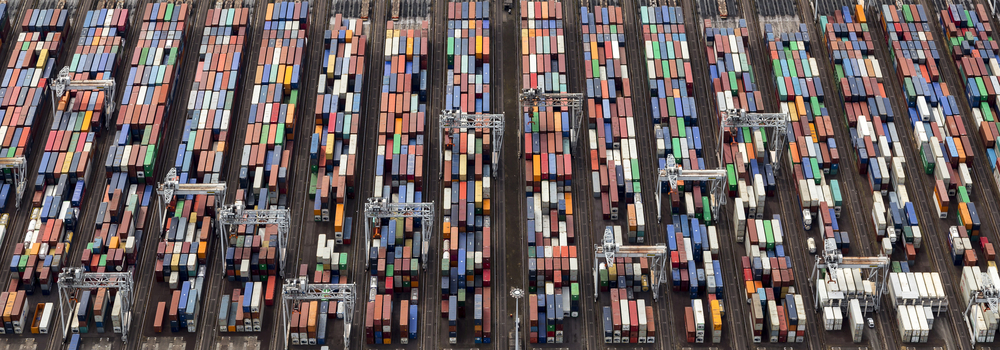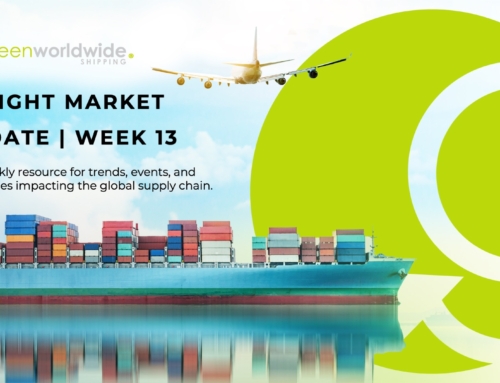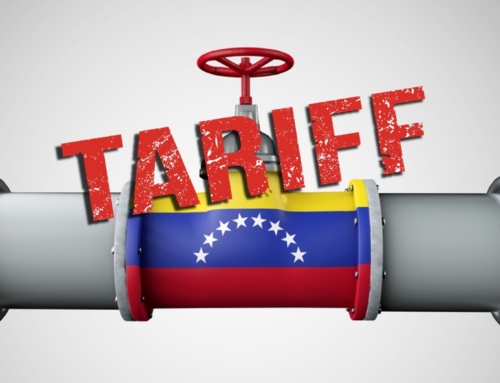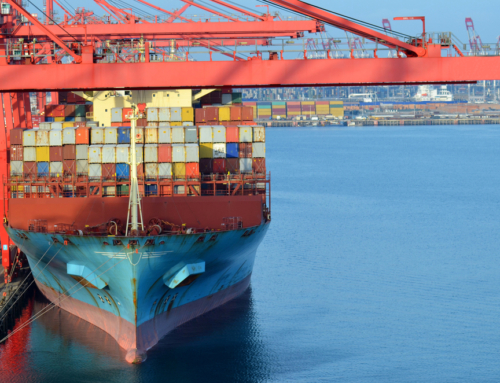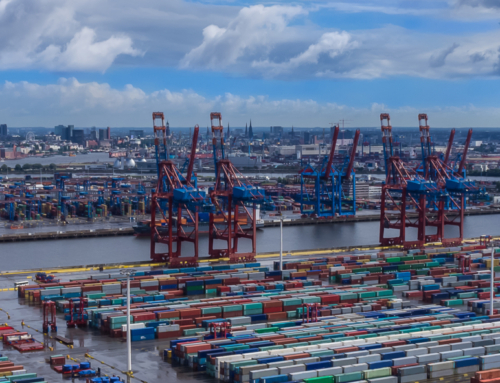LABOR ACTION IMPACTS ROTTERDAM PORT OPERATIONS
A labor strike at Rotterdam’s Delta II terminal is intensifying, with Dutch union FNV Havens calling for dockworkers in other European ports to refuse handling vessels diverted from the terminal. This action raises concerns about potential cross-border “solidarity strikes,” which could disrupt regional trade.
“Since the evening of Sunday, February 9 2025, there have been work stops at various times. Union members will continue to take further action to strengthen their CLA demands. FNV Havens urgently calls on our European comrades to stand in solidarity with the dock workers at Hutchison Ports Delta II in the Port of Rotterdam. Should vessels destined for Hutchison Ports Delta II reroute to other ports, we kindly request that you refrain from handling these vessels due to contaminated work.”
Asmae Hajjari, Union Representative | FNV Havens
Intermittent labor actions at the Rotterdam terminal have already impacted deep-sea vessel operations, feeder ship calls, and inland cargo movements.
ROTTERDAM PORT CONGESTION WOES
The labor unrest in Rotterdam coincides with record-high cargo volumes from Asia. According to some analysts, container volumes from China to North Europe rose 17.6% year over year in December, reaching 835,000 TEUs. These shipments are now arriving at Northern European ports, adding strain to regional port operations. Rotterdam’s average vessel waiting time was approximately 1.2 days on February 15, with eleven ships at anchorage, down from 16 a month earlier. In 2024, the port handled 13.8 million TEUs, marking a 2.8% annual increase. Rising consumer demand—driven by higher wages and lower inflation—has further compounded port congestion.
ADDITIONAL LABOR DISRUPTIONS CONTINUE IN FRANCE
Meanwhile, French dockworkers continue their series of rolling strikes, holding four-hour stoppages across the country’s ports throughout February. A 48-hour nationwide strike is planned from February 26 to 28, adding further uncertainty to European port operations.
PORT OF ANTWERP ENACTS EMERGENCY OPERATIONAL MEASURES
The labor disruptions in Rotterdam coupled with the rolling strikes at French ports, like Le Havre, are causing an increase in cargo diversions to the Port of Antwerp. This places additional strain on Europe’s second-largest container hub. One carrier reported that stacking capacity at the terminal had reached 100% utilization leading to delivery truck slots being cut by 30% to prioritize the swift removal of import containers. Meanwhile an intermodal operator warned that barge handling wait times were averaging 76 hours in Rotterdam and 84 hours in Antwerp with carriers noting feeder vessels were experiencing delays of up to 72 hours.
As congestion spreads across European ports, the call for cross-border “strike solidarity” looms ominous for the supply chain. If FNV Haven’s call for action is accepted by dockworkers in neighboring ports, the already congested and strained European network may experience additional delays and face mounting backlogs.
Stay up-to-date on freight news with Green’s Weekly Freight Market Update by following us on LinkedIn. For continuous updates, make sure to check out our website at greenworldwide.com.

